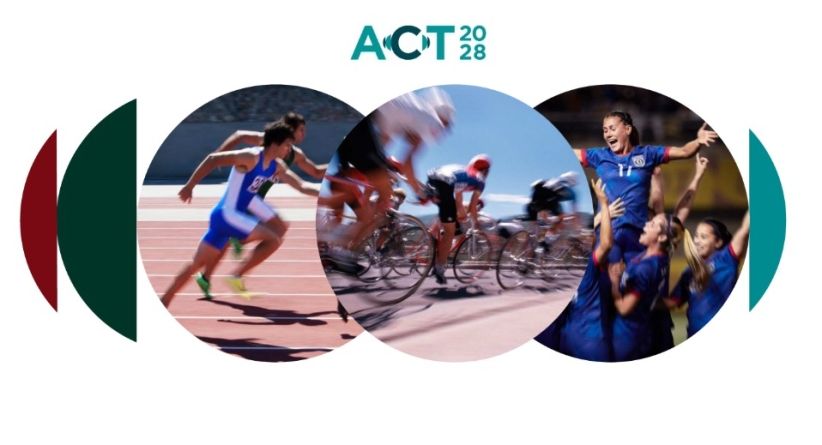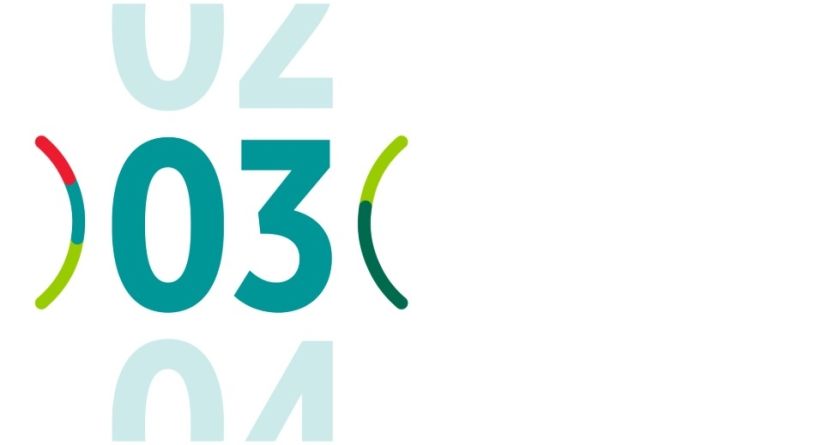
Foreign direct investment in emerging countries
Global foreign direct investment flows will, together with trade, offer the most objective signals of how – and how quickly – the age of hyper-globalisation will end. In fact, it is precisely these types of investments, and particularly new “greenfield” investments, that will redefine the parameters of globalisation, now characterised by requirements around not only national sovereignty and energy transition but also reputational risk.
The key trends in direct investment that are slowly emerging (especially with figures also taking some time to appear) are, for the time being, to the detriment of the least advanced countries – if we set aside those countries that will secure new income streams from resources essential to climate transition. Remember that in 2020, according to the United Nations Conference on Trade and Development (UNCTAD), the G20 countries already accounted for some 59% by value of global direct investment flows, compared with only 19.7% for the so-called BRIC countries – from which we will henceforth have to drop the “R”. In terms of individual countries, though, the picture is different, with China receiving $149 billion of investment, just behind the United States at $156 billion.
If direct investment is concentrated in developed countries…
If direct investment flows were to continue to be concentrated in the most developed countries over the next few years (caution: strategically speaking, we are in a changing environment, whether for countries or businesses), that would obviously mean the least advanced countries would have to review their development models. Not only has direct investment formed an essential component of overall investment in emerging countries over the past 50 years, governments’ strategies to achieve economic take-off also continue to be very much influenced by the idea that opening up their economies and integrating them into the global value chain is key. Taking off is still pretty much synonymous with catching up. Will we paradoxically see some countries return to the tired old formulas of the 1960s, when large countries like India and the now defunct Soviet Union looked to the state, planning and centralised industrial policy to power their own development ?
It is important to note that the 2020 public health shock had a much more severe impact on global direct investment than the 2009 crisis: UNCTAD has estimated the annual decline at 35% by value, bringing direct investment flows to their lowest level since 20051. In fact, this segment of the globalised economy – more than production or trade – is among those hit hardest by the public health shock. And even now, the prospect of a recovery is distinctly moderate, with only 57% of investors optimistic about the next three years, down from 72% in 2020. New investment in particular was hit very hard by the public health shock: it did not recover in late 2020 and 2021, unlike other segments of investment, such as for example mergers and acquisitions, notably in the new technologies and communications sector – which, incidentally, is what had been supporting investment in India.
Declining new investment in the least advanced countries
It is precisely in the greenfield investment space that the difference between developed countries and the rest has been the most pronounced, with new investment down 19% in developed countries and 42% in developing countries. The hardest-hit region has been Africa, particularly in the manufacturing sector (key to development), with new investment down 75%, compared with 46% in Latin America and 40% in Asia.
Unfortunately, other short-term and structural factors are also now in play; all point to the potential for direct investment flows to be concentrated in the most developed countries over the coming years. An analysis of the key determinants of investors’ choices shows that they are now driven by new comparative advantages that no longer rely (or are much less reliant) on low labour costs2.
Three factors stand out: taxation, innovation capacity and governance. Market size and labour costs are much further down the list. While the most developed countries are not necessarily ahead of the pack in terms of the attractiveness of their tax regimes, overall they are ahead on the other factors. And the importance of corporate social responsibility (CSR) criteria will only add to their advantages – especially given that multinationals, very much impacted by CSR, are also the top global investors, accounting for 47% of total direct investment in 2020.
Paradoxically, then, it appears that green finance tends to naturally widen development gaps. This is something that is going to have to be closely watched, especially given that the least developed countries are doubly penalised in that they are also hit hardest by the effects of global warming. It was clear at the last COP meeting that the issue of climate justice is set to be one of the operational keys to transition, both domestically and between countries.
The most advanced countries top the attractiveness rankings
The Kearney Foreign Direct Investment Confidence Index, a survey of decision-makers that ranks the markets likely to attract the most investment over the next three years, shows that the top ten most attractive countries are predominantly developed countries. Meanwhile, China fell from eighth place in 2020 to twelfth in 2021. It should, however, be noted that the United Arab Emirates have risen to 15th place, ahead of even Singapore, seemingly bearing out the country’s desire to become a new centre of attraction in the global investment landscape. The Emirates have also risen six places in the UNCTAD ranking of those states investing the most in foreign countries, outperforming all other Arab states.
The latest factor that could also further concentrate direct investment flows into the most developed countries is economic automation. The shift in development models towards greater digitalisation means data control is now an absolutely strategic issue for governments and businesses alike, affecting both choice of investment location and revenue generation. As numerous studies have repeatedly shown, governments have enacted a plethora of new data control laws, notably requiring data to be stored within national borders or prohibiting its transfer. According to the Data Catalyst Institute, 71% of investors are now affected by “data nationalism” – which, by the way, is not something that only affects the least advanced countries…
In conclusion, a raft of structural factors are liable to work against the attractiveness of the least advanced countries over the coming years, on top of which many countries will also suffer the adverse economic impacts of both the conflict in Ukraine and inflation. Against this backdrop, the role of China, which in 2020 was the leading provider of direct investment, will clearly be key for the least advanced countries, whether or not it decides to pursue its international economic expansion.
1 https://unctad.org/system/files/official-document/wir2021_en.pdf
2 https://www.kearney.com/foreign-direct-investment-confidence-index






